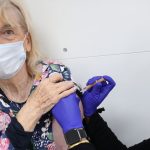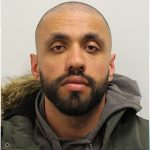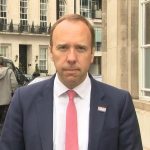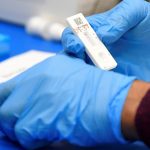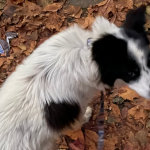Banks are launching an emergency hotline in a bid to protect their customers from scammers after victims were conned out of £1.26bn last year.
The new 159 number, which will be launched on Thursday, will put customers through to their banks so they can check with an operator whether they are being targeted by fraudsters.
The national emergency hotline was set up by industry body Stop Scams UK and will run for a trial period of 12 months after the group revealed the COVID-19 pandemic helped give fraudsters opportunities to develop new ways to con victims out of £1.26bn during 2020.
The pilot scheme, a collaboration between banks, telecoms firms and technology companies, has been praised by personal finance experts for helping to fight the growing levels of scam calls.
However, there are still some concerns that fraudsters may intercept the new hotline at some point.
Martyn James, the head of media at personal finance site Resolver, said: “It’s vital that banks still invest heavily in technology and other anti-fraud measures that enable them to spot suspicious transactions on the front line and introduce second level checks before allowing potentially scammed money to leave an account.”
Ruth Evans, chairwoman of Stop Scams UK, added: “Fraud is cruel, it wrecks lives, and we’re determined to help people fight it.”
Thousands of cash points switched off and not replaced – as hundreds of bank branches close
Climate change: Banks ‘unlikely activists’ behind drive to get firms to adapt, survey shows
Royal Mint launches debit card made of gold – but it isn’t cheap
Documents seen by The Times outlined how customers will receive advice from staff on how to spot the scammers when they are put through to their bank through the hotline.
Banks are said to be hoping that the new scheme will prevent money being stolen from customers, which has cost them tens of millions of pounds a year in refunds.
The hotline has been in the pipeline for years, with the initial idea being discussed by the Joint Fraud Taskforce, a body involving ministers, police and banks that was set up by former prime minister Theresa May in 2016 when she was home secretary.
If the pilot is successful, Stop Scams UK said it will ask Ofcom to make 159 a universal number offered by all telephone providers, similar to 101, 111 or 999.
It comes after £753.9million was stolen in the first six months of this year, up 30% from the same period last year, according to data from the banking industry.



